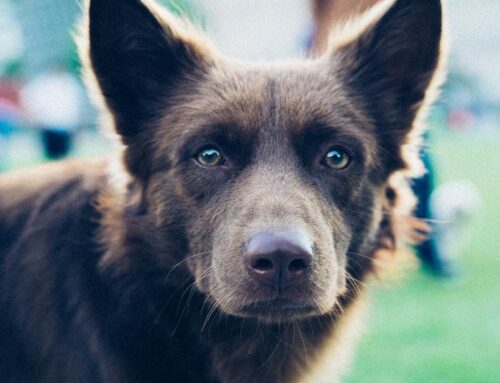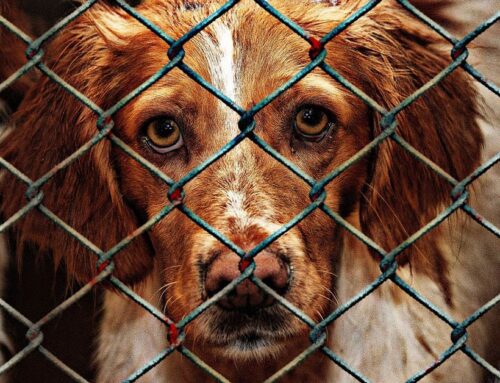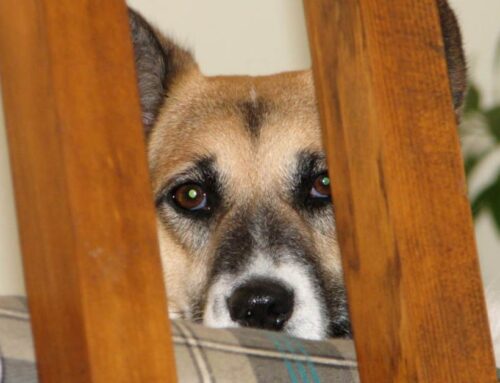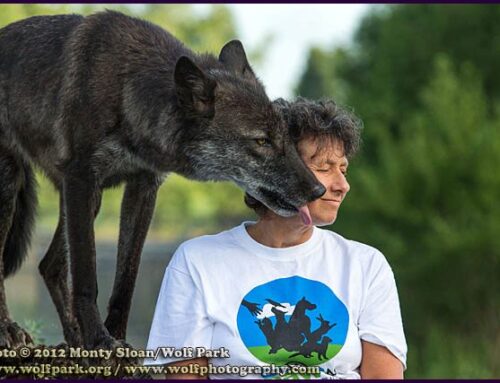 If when I was in university someone had suggested that my major of Women’s Studies would help me be a dog trainer I probably would have thought they were crazy. Majoring in Women’s Studies was like majoring in Philosophy or English Lit, it made for good late into the night conversations with housemates but the job market might be thin when it came to hiring someone with a degree in it, as a dog trainer or otherwise. But I think this course of study has helped me in the development of my skills as a dog trainer.
If when I was in university someone had suggested that my major of Women’s Studies would help me be a dog trainer I probably would have thought they were crazy. Majoring in Women’s Studies was like majoring in Philosophy or English Lit, it made for good late into the night conversations with housemates but the job market might be thin when it came to hiring someone with a degree in it, as a dog trainer or otherwise. But I think this course of study has helped me in the development of my skills as a dog trainer.
I will not be the first person to make the correlation between the way women and animals are viewed and treated in our culture. In 1978 Woman and Nature written by Susan Griffin included this introduction-
“These words are written for those of us whose language is not heard, whose words have been stolen or erased, those robbed of language, who are called voiceless or mute, even the earthworms, even the shellfish and the sponges, for those of us who speak our own language…”
She goes on to assemble documentation from textbooks, manuals and scientific theory detailing attitudes, practices and beliefs regarding nature and women that have been disseminated over the centuries. They range from silly to barbaric. That masturbation caused blindness may have been distressing news to many teenagers but that animals did not experience pain in the same way that humans did, and that their shrieking was merely an automatic response, led to practices in animal husbandry that can only be described as obscene.
Theories and edicts exist to support the status quo and provide excuses for the inhumane treatment of both people and animals. Between god, science and country there have been no shortage of excuses for inflicting pain and bondage on, as John Muir calls them, “our fellow mortals.”
For me feminism was about discovering the untold stories, the stories of those rendered voiceless. History is not just about wars and the acquisition of land & wealth. It’s about how women, children and people of color lived, dreamed and created. It’s about art, music, health care, education, community development.
When Suzanne Clothier suggests that even dogs have prayers to be answered in Bones Would Rain From The Sky, I read her words and felt the same kind of euphoria I experienced when I discovered that my experience as a woman in our culture was not a singular event. My feelings of inferiority and fear had been cultivated by a society which held stock in keeping me compliant and shopping (literally!) for ways to alleviate them. That I might consider what a dog wanted- was not an indication of a weakness of character or softness of countenance, but was instead a valuable approach to changing a dog’s behavior- was validation for me as a trainer.
I couldn’t help having my BS radar go off when a television personality came up with the explanation that dogs need ‘pack leaders’ to excuse and explain his physical control and intimidation of them. That this was also a man who could explain that women, being what they are, give affection first, at the expense of attaining control over a dog, did not surprise me (women have been blamed for the problems of their children, and the ways we choose to interact with people has often been said to be inferior to the ways of men). What surprised me most was how easily this was swallowed by so many dog owners and trainers.
“Look!” they will say, “See how the dog complies and is cured of their desire to do something of their own choosing.” (Women needed husbands, slaves needed owners-how else were they to survive and know how to ‘behave’?). But it’s a benevolent control, they will argue, the dog not only needs it, they want it, it’s in their blood. The proof most often heralded, wolf pack hierarchy, was shown to be faulty, yet the belief that dogs live in packs with a defined leader persists. As if without a ‘pack leader’, canine or human, all hell will break loose among a group of dogs.
Indeed hell does break loose but too often it’s a hell which we have created and then fault and punish our dogs for struggling to climb out of it.





